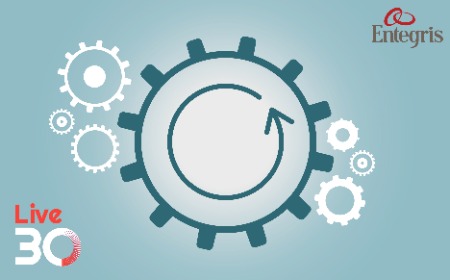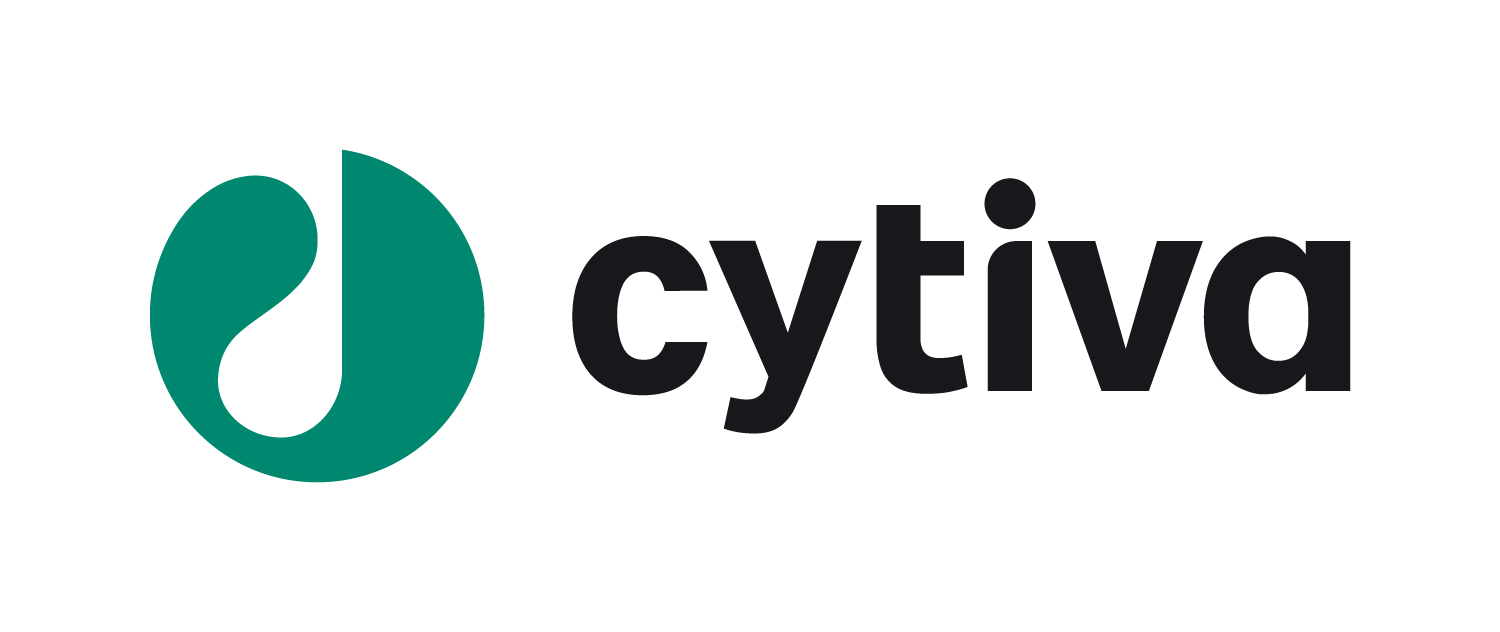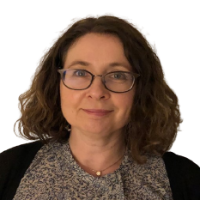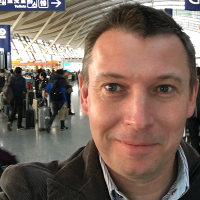Alternative solutions to separate AAV full and empty capsids using anion exchange
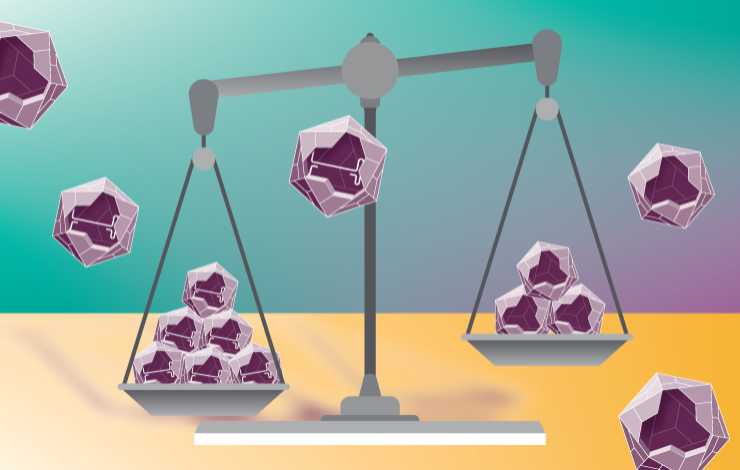
AAV is the main vector for gene therapy and there is need for scalable, cost-efficient, and robust chromatography-based purification. Key for a successful process are high overall yields of full capsids, with effective empty capsid reduction and efficient impurity removal.
In this webinar, a high-performance anion exchange (AEX) chromatography separation for several AAV serotypes using step-elution mode is presented, and optimized protocols and conditions for both resin and membrane formats are described. Full and empty capsid peaks were identified using the UV260:280 ratio from chromatograms, and separation results were confirmed by PCR, ELISA, mass photometry, and analytical ultracentrifugation. The reproducibility and scale up potential of these AEX approaches will also be demonstrated.
To maximize full and empty capsid separation by AEX, conditions such as pH, MgCl2, elution salt concentration, and length of the elution step are critical. Depending on serotype or AAV capsid properties, prescreening and fine-tuning for the optimal conditions may be required, but high yields and significant enrichment of full capsids can be achieved.
Attend this webinar to:
- Learn about AAV full and empty capsid separation using Capto Q and Mustang Q anion exchange chromatography.
- Dive into details on how to achieve high yields and purity of full capsid.
- Understand the pre-screening procedure that is needed for each AAV capsid serotype/variant.
- Discover hints and tips to avoid common pitfalls
You might also like
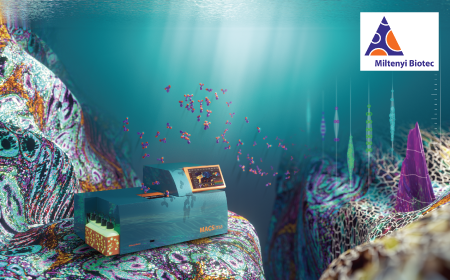
Same-section spatial multiomics: a platform for detailed analysis of the solid tumor TME
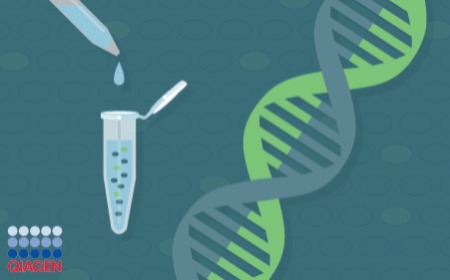
Quadplex dPCR as a tool to analyze genome integrity and heterogeneity in gene therapy drug products
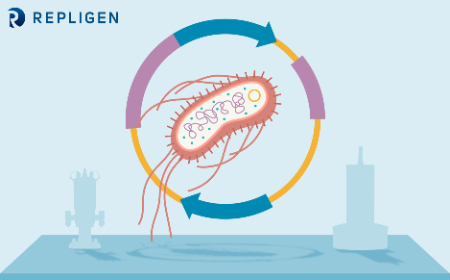
Precision in production: optimizing monitoring and quality control for high-value plasmids
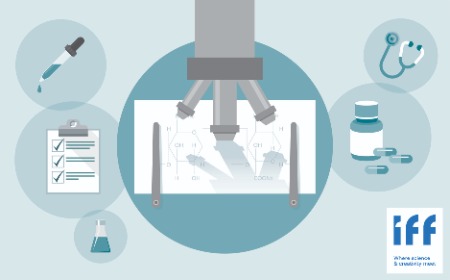
Advancing cell therapy: innovations in polymer-based encapsulation and delivery
